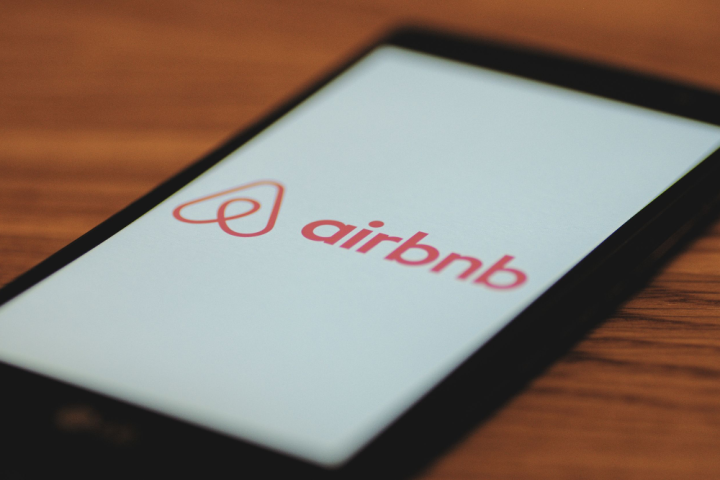
As with any good negotiation, there are compromises to be made, and Airbnb recognizes this by listing out where it is willing to compromise. One highlight includes collecting taxes on behalf of local governments through its Voluntary Collection Agreements. The money can, in turn, be used for whatever the local government decides, with tourism and combating homelessness seen as the more frequent choices. Airbnb is also willing to help building owners collect some revenue from tenants and hosts.
Other interesting compromises include limiting the number of times a home can be rented, instituting anti-discrimination policies, requiring permits once someone has more than a few number of units listed, and issuing transparency and anonymized data reports to local governments.
There are things Airbnb is not willing to compromise on, however, such as discrimination based on a neighborhood’s zoning laws. Airbnb also does not want to create backdoor access for local governments to access user data, nor does it want to limit its service to a one-host, one-home rule. Airbnb has had to make exceptions on both points, though the company hopes they do not become the norm.
Other areas of non-compromise include easy and quick registration, as well as not having local laws benefit one platform, whether Airbnb or a competitor, over another.
Even though Airbnb made these lists, the company knows that policy-making is at a government’s discretion. Even so, it does not hurt to bring some ammunition with you to the negotiating table, something Airbnb hopes will aid in future clashes with regulators.


